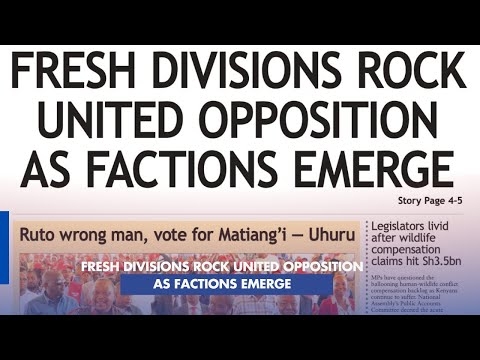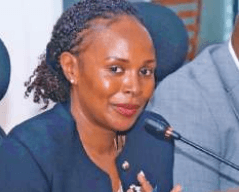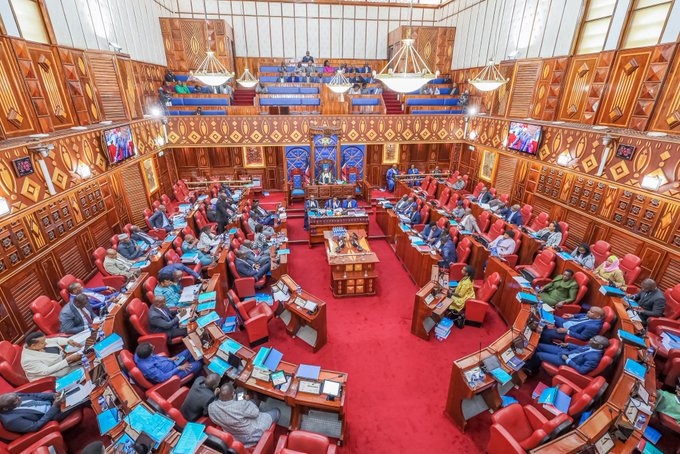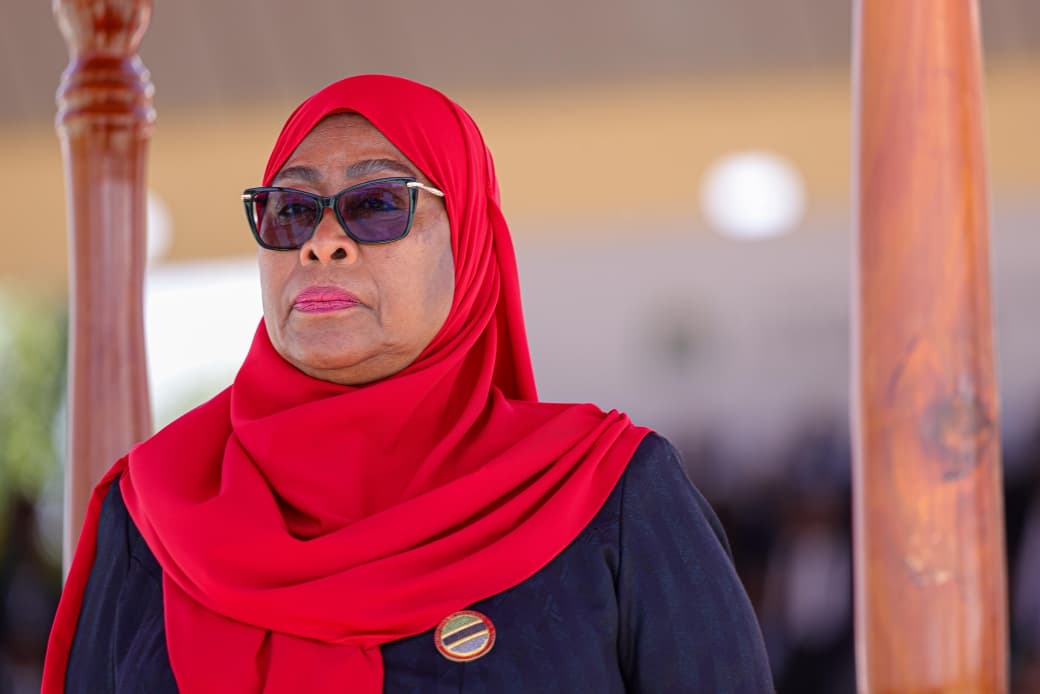This week, I take my cue from the recent ruling of the three-judge bench of the High Court. These were the judges who put the brakes on the government's plan to roll out the new Social Health Insurance Fund (SHIF) to replace NHIF.
On the crucial issue of public participation thresholds, the judges said: "It is no longer business as usual where the leaders of our country are presumed to know what is suitable for the people. They must consult the people before making decisions that affect them.”
Over the last few years, I spent time reporting on the Western Cape Provincial Legislature, Cape Town’s City Council as well as the South African Parliament. The three are comparable to the county assembly and the National Assembly.
During that time, the importance of public participation with regard to every single piece of legislation was drummed into my consciousness.
Public participation in South Africa means that citizens are not just consulted for their views during elections, as some in Kenya’s political class would appear to prefer, but on an ongoing basis.
It is imperative that legislative bodies, such as the National Assembly and county assemblies, must be seen to provide meaningful opportunities for public participation in the law-making process, and to make sure that people have the ability to take advantage of the opportunities provided.
South Africa's Constitution requires that Parliament and the provincial legislatures and municipal councils conduct business in an open manner.
This is not limited to televising or streaming House or Council proceedings. It includes providing a forum for the public consideration of issues and facilitating public involvement in their legislative and other processes.
Basically In South Africa, any legislation passed without facilitating public participation, especially by those members of the public most affected, renders that law invalid.
As is the case in Kenya, for many years, the public participation requirement in South Africa appeared to be honoured more in the breach than the observance.
It took a case in the South African Constitutional Court, or the Concourt, in 2008 to change things.
The case was requesting the court to analyse and clarify the nature and extent of the obligation to “facilitate public involvement” in legislation and other processes placed upon legislative bodies by the SA Constitution.
South African Constitutional Court judge Albie Sachs, who has since retired, said at the time: “All parties interested in legislation should feel that they have been given a real opportunity to have their say, that they are taken seriously as citizens and that their views matter and will receive due consideration at the moments when they could possibly influence decisions in a meaningful fashion.
“The objective is both symbolic and practical: the persons concerned must be manifestly shown the respect due to them as concerned citizens, and the legislators must have the benefit of all inputs that will enable them to produce the best possible laws.”
For me, public participation is part and parcel of the “second liberation’s” clarion call of Transparency and Accountability back in the early 1990s.
Nearly 35 years later, these demands remain the call to action both for Kenyans involved in the Gen Z protests and those in support of them.
It is vital that transparency and accountability be fully incorporated into the culture of Kenya’s governance institutions. The people need to be brought into every single decision that affects them.
Only such radical change will restore the citizens’ trust in government. The question now is whether the Kenya government can be motivated to change the way it does things.
Until the government stops trying to hoodwink the public with motion instead of action, it will always be heading down the wrong path.
For instance, coming up with a hasty announcement of a task force on debt to duplicate the work of the Treasury and the Auditor General as happened recently, won’t cut it.
Announcing a ban on state officers participating in harambees, when there is already guidance provided by Chapter Six of the Constitution on leadership and integrity, is just smoke and mirrors.
















